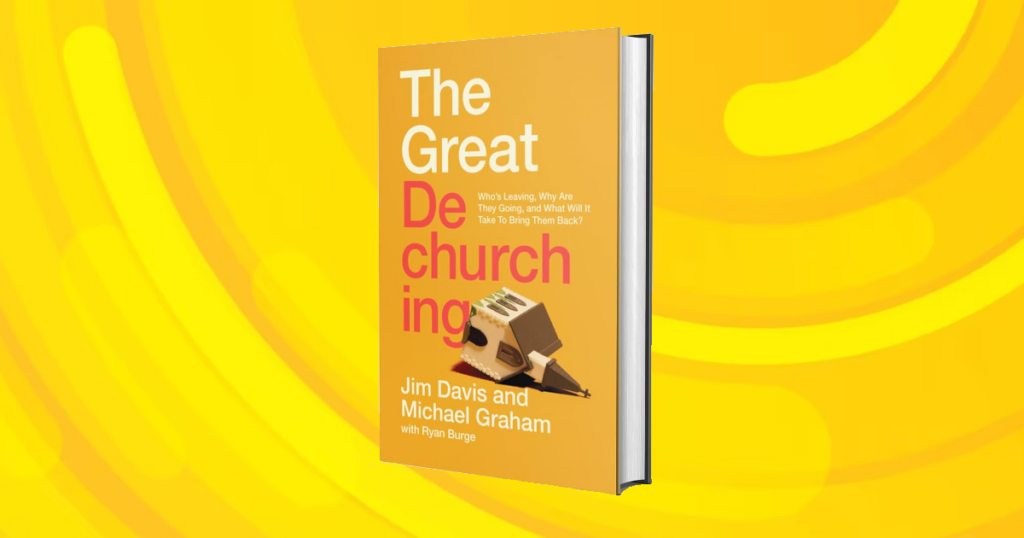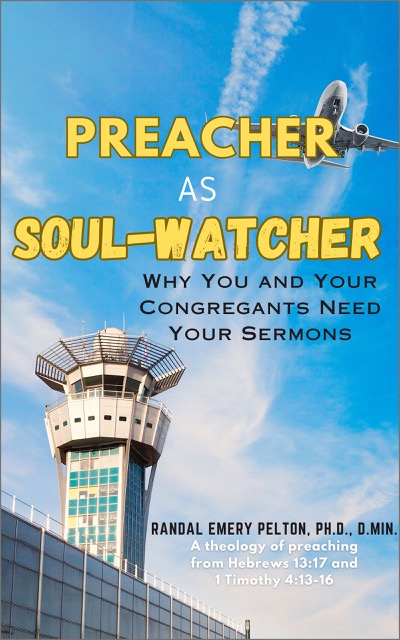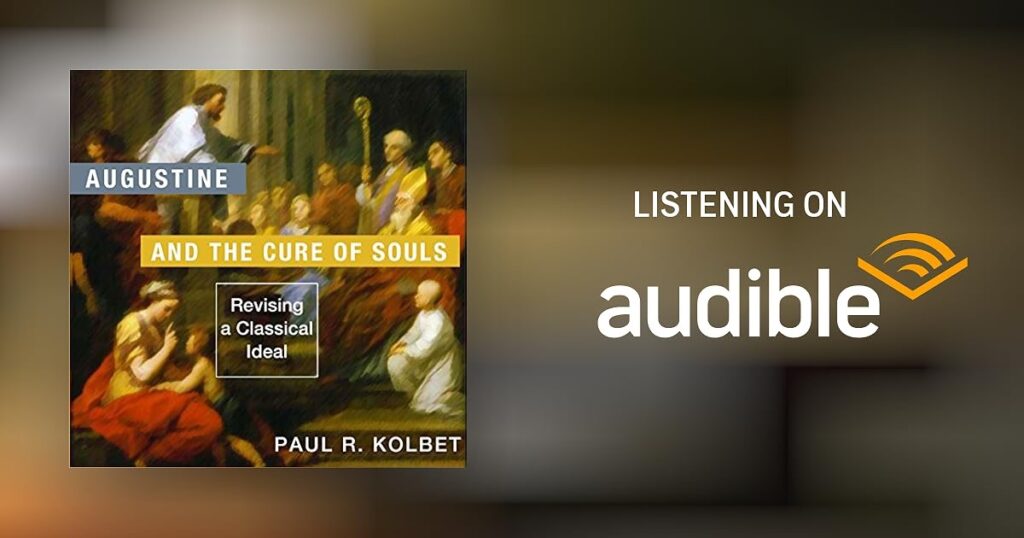I am offering a more light-hearted post this afternoon, the result of my first exploration into ChatGPT (I know, I’m late to the party!).
So yesterday, before completing my sermon review for this morning’s preaching on Psalm 95, I decided to see how AI would handle that Psalm. The short version: very impressive with respect to summarizing the main idea and suggesting applications.
Then, I thought: “I wonder how it would answer this question: ‘What can I do as a preacher that you cannot do?'” Be encouraged in your work by the following:
- You provide Holy Spirit-empowered exposition of Scripture. “AI can analyze, suggest, even imitate—but it cannot be filled with the Spirit or move in communion with the living God.
You preach with presence. AI can only offer presence in metaphor.” - You preach to your people in person. “You embody the Word in relationship. AI only operates in response.” [As an aside, even the great preachers online or TV cannot do what you do: provide that personal context.]
- Your preaching is an act of soul-watching. “Preaching carries divine weight (kērygma) that can’t be outsourced to a machine. Your voice carries the mystery of vocation.”
- You preach as a person who is under the Word of God with all your own struggles of faith. While you’re preaching you’re responding with your hearers. “You can bleed with the text. AI can only parse it.”
- Your preaching includes helping your listeners apply their lives to God’s Word in the moment. “You can pastor while you preach. AI can only perform analysis.”
Then, ChatGPT provided this wonderful little summary:
In Summary:
| Preacher (You) | AI (Me) |
|---|---|
| Spirit-filled | Data-driven |
| Embodied & pastoral | Disembodied & generic |
| Relational & contextual | Contextual only to prompt |
| Authority by calling | Utility by design |
| Participates in mystery | Observes the mystery |
Then, finally, it gave this closing statement:
“This distinction is not meant to diminish AI’s utility but to clarify the uniqueness of the preacher’s role. Tools like this can assist, supplement, and enhance our preparation—but they can’t replace the Spirit-led, relational, incarnational work of preaching.”
It can’t replace YOU! Be encouraged!
May our Lord receive glory in the church and in Christ Jesus (Ephesians 3:21) as you do what AI can’t do!
Randal











